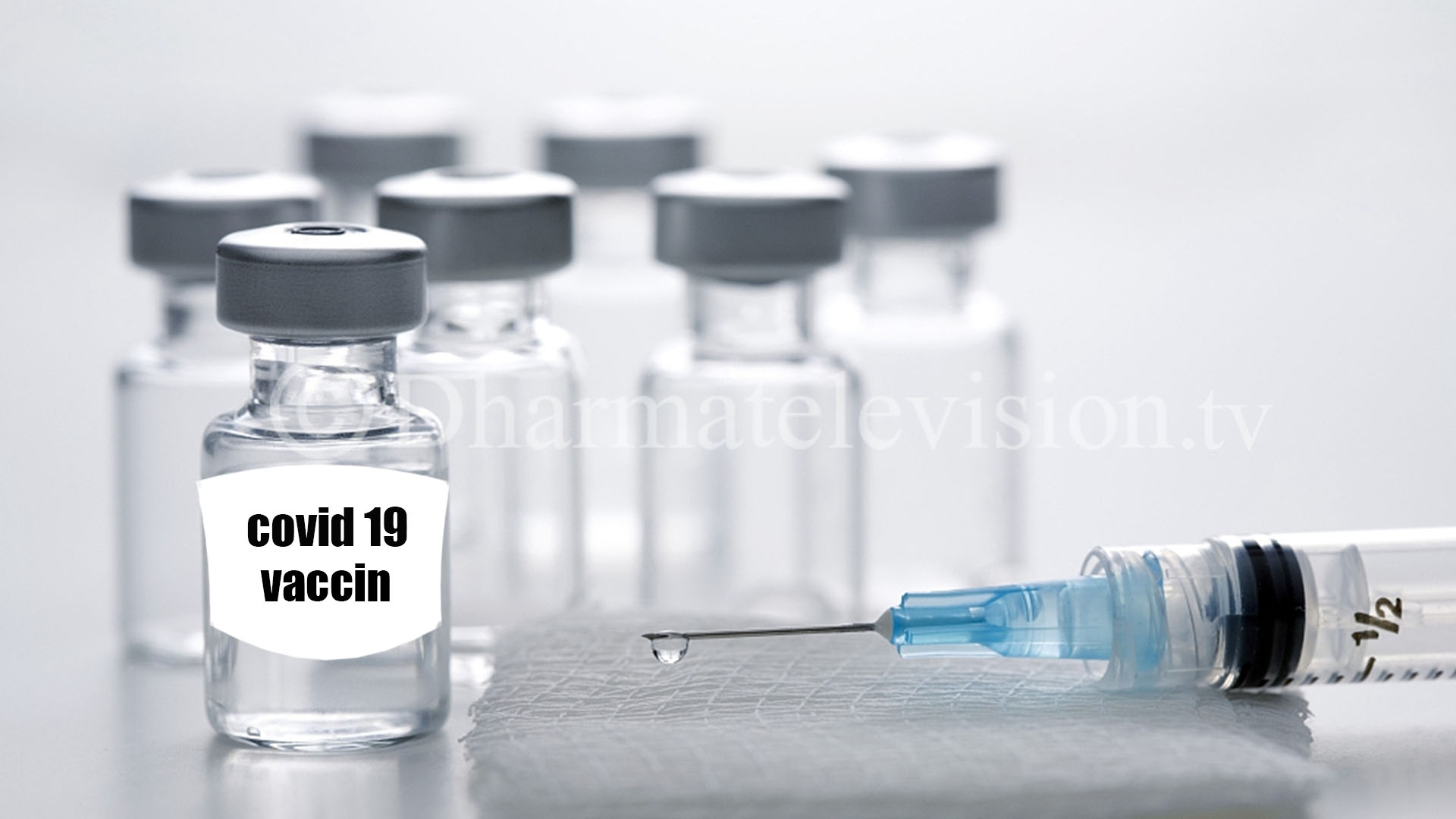4 years ago

Covid-19 vaccine. On the way? Maybe not yet
An ideal vaccine against any disease is the one that is effective in protecting the people from being infected and that can prevent the spread of it in a safe manner.
After a closer look at vaccines for previous diseases that caused pandemics, it can be said that the road to a vaccine against Covid-19 is not that easy and neither is the possibility for a complete cure.
It has been more than 30 years that scientists were able to isolate the HIV responsible for AIDS, and still we haven’t succeeded in getting a vaccine to completely cure the infected.
It took more than seventy years after the identification of dengue in 1943 for a vaccine to be approved in 2019. The fastest vaccine ever developed was for mumps- and it took four years.
The current coronavirus pandemic caused by Covid-19, comes from the family of coronaviruses that proved deadly before, identified as SARS and MERS.None of these diseases have a licenced vaccine yet and they just died out and didn’t cause a global pandemic like the present Covid-19.
A recent Oxford University research that analysed blood samples from Covid-19 patients found that the levels of IgG antibodies - those responsible for longer lasting immunity- rose steeply in the first month of infection but then began to fall.
This is worrying, as it means that coronaviruses, similar to common cold viruses may reappear in a person as their body’s immune response fades away.
One major problem with finding a vaccine for any diseases caused by a virus is that viruses tend to mutate- meaning their genetic make up changes. Examples are Influenza virus, which mutates rapidly requiring new formulation of vaccine every year.
The evolution of HIV is also the reason for the inability of scientists to produce a vaccine for the disease. Luckily, so far, the Sars-CoV-2 coronavirus seems to be fairly stable so a vaccine, if found, may not be outdated very soon.